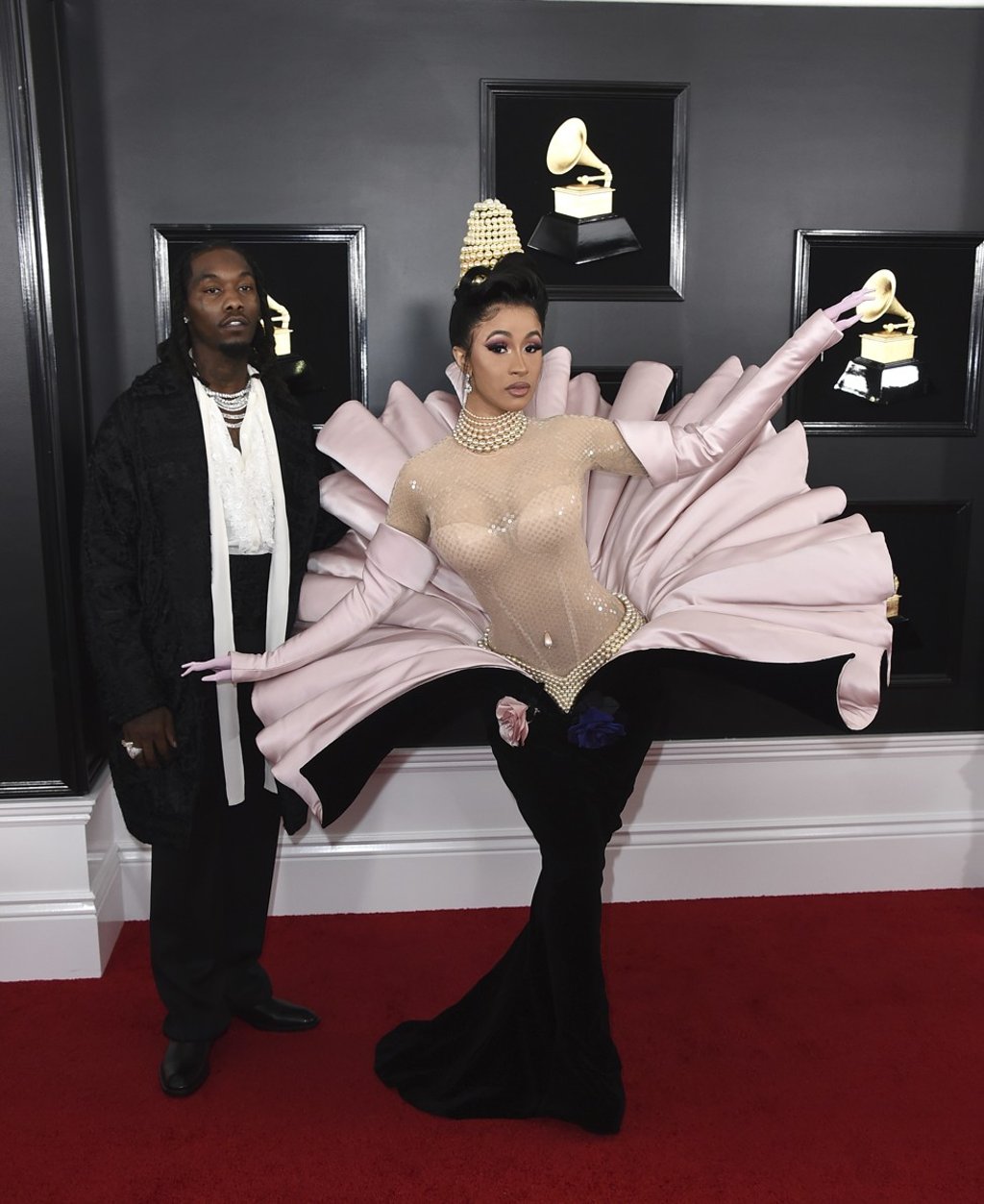Advertisement
Misogyny and sex abuse: why the MeToo movement hasn’t made much ground in the music industry
- Women aren’t represented in the music industry, making up 12 per cent of songwriters and only two per cent of producers
- What’s more, almost 50 per cent of women artists have faced sexual harassment at work
Reading Time:2 minutes
Why you can trust SCMP
0

By Yomi Adegoke
The music industry has a woman problem. It’s a long-standing fact. Looking at last year’s biggest hit singles in the UK, there were three times as many male as female pop stars. It is the same thing behind the scenes as well: women made up just 12 per cent of songwriters and 2 per cent of producers on the US Billboard Hot 100 between 2012 and 2018.
Despite years of head scratching over the cause, one reason is hiding in plain sight. Or, perhaps it is intentionally overlooked. New figures from the British Musicians’ Union – which represents more than 31,000 artists, from rock musicians to orchestral players – suggests almost half of its members have experienced harassment at work. More than four in five did not report it.
The music industry has consistently struggled to reconcile its female presence with the “sex sells” mantra at its very core, resulting in objectification at the very least and abuse at its worst. Last year, the #MeToo movement had its moment at the Golden Globes, with several high-profile actors donning black dresses in solidarity with survivors and female activists in tow.

In the same year, the Grammys awkwardly skirted around the issue, uncharacteristically coy when it came to making a statement.
Advertisement